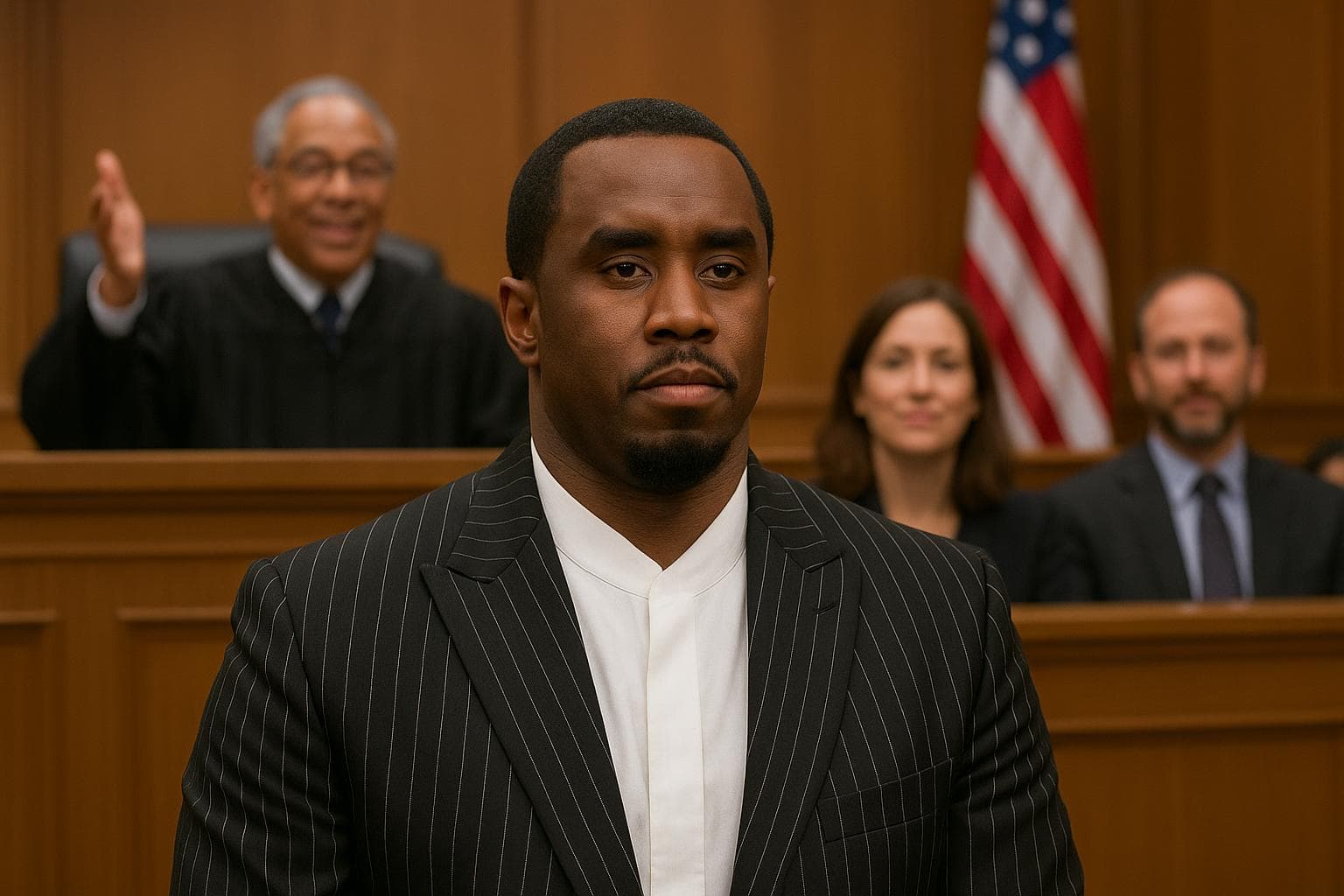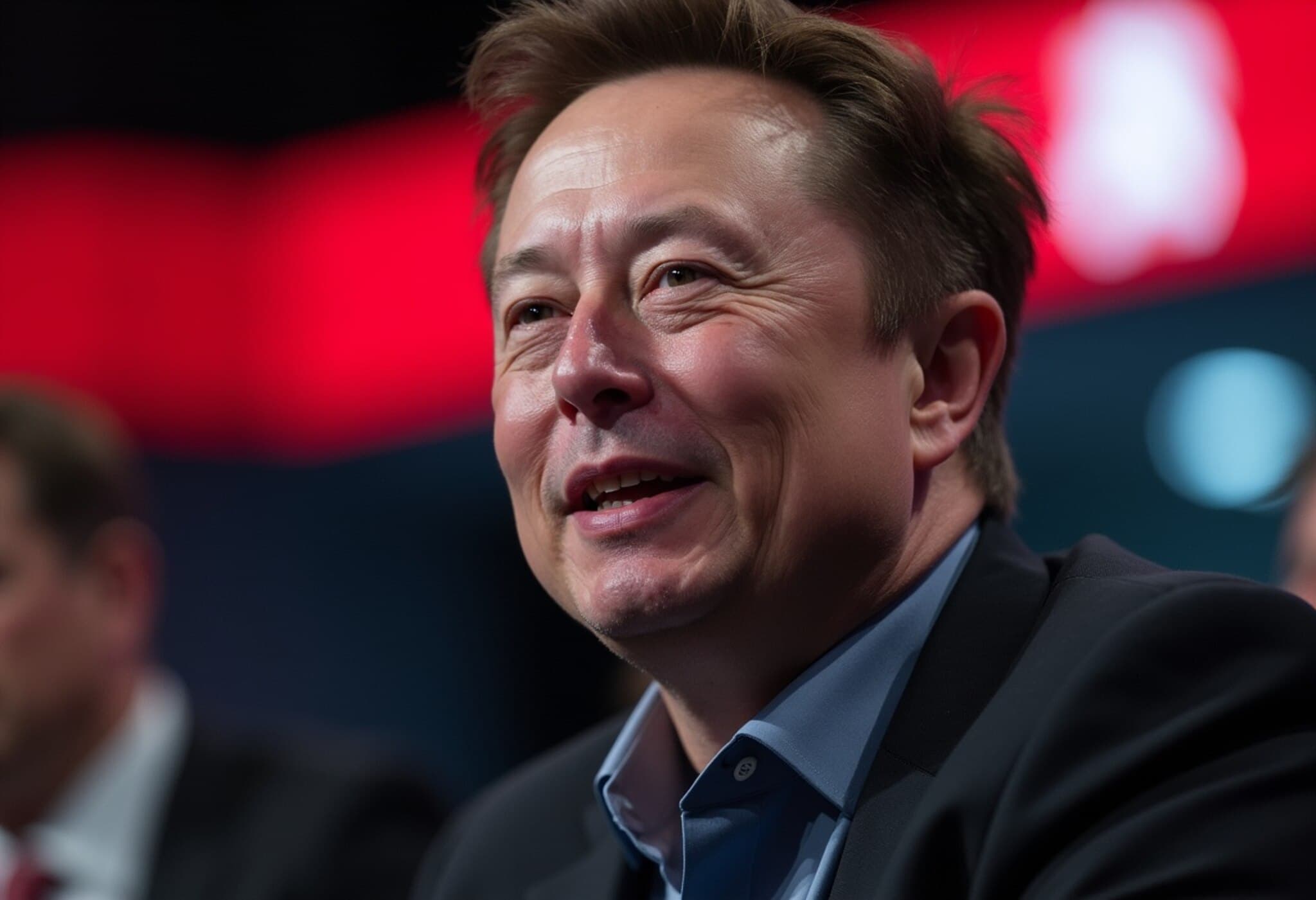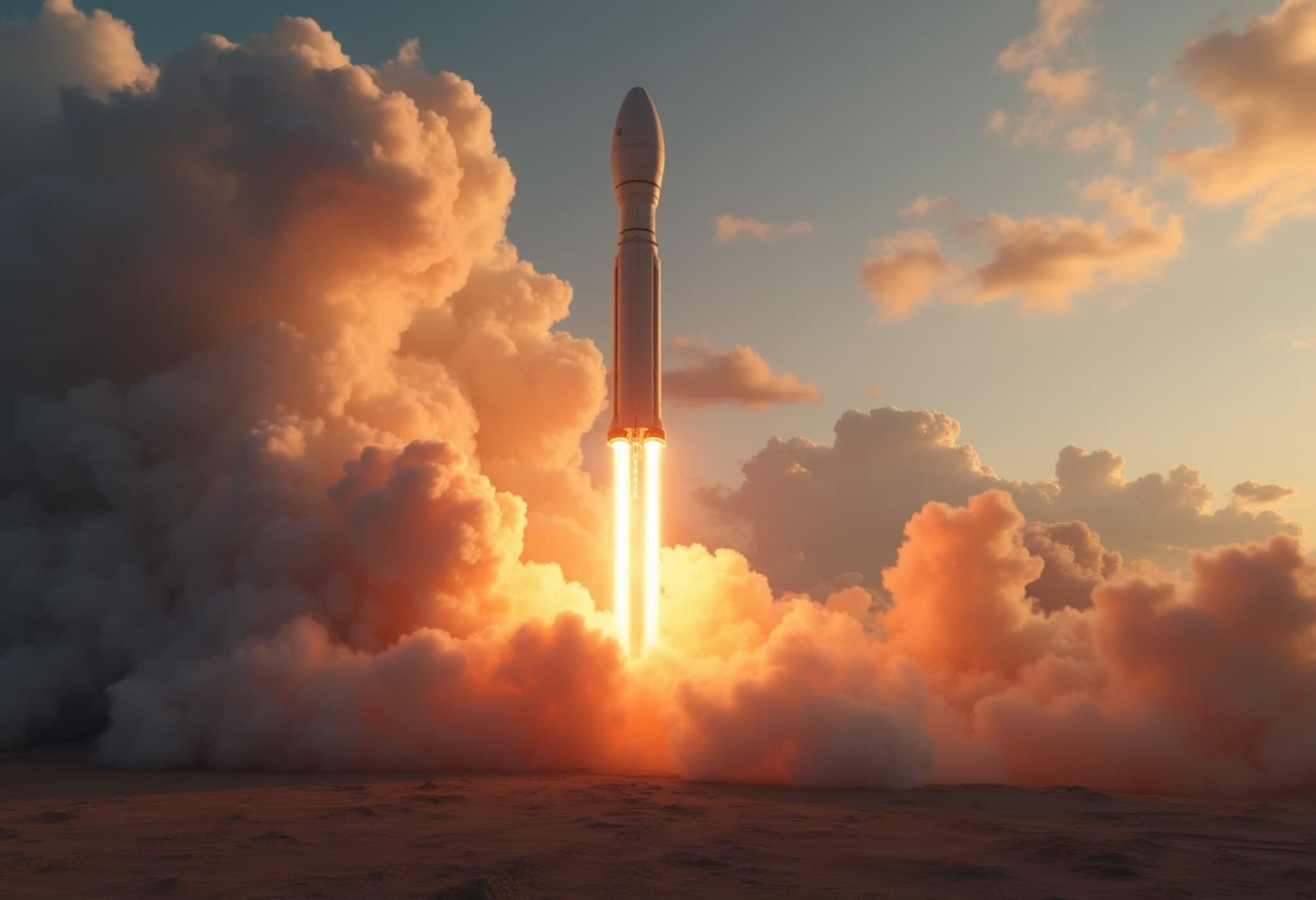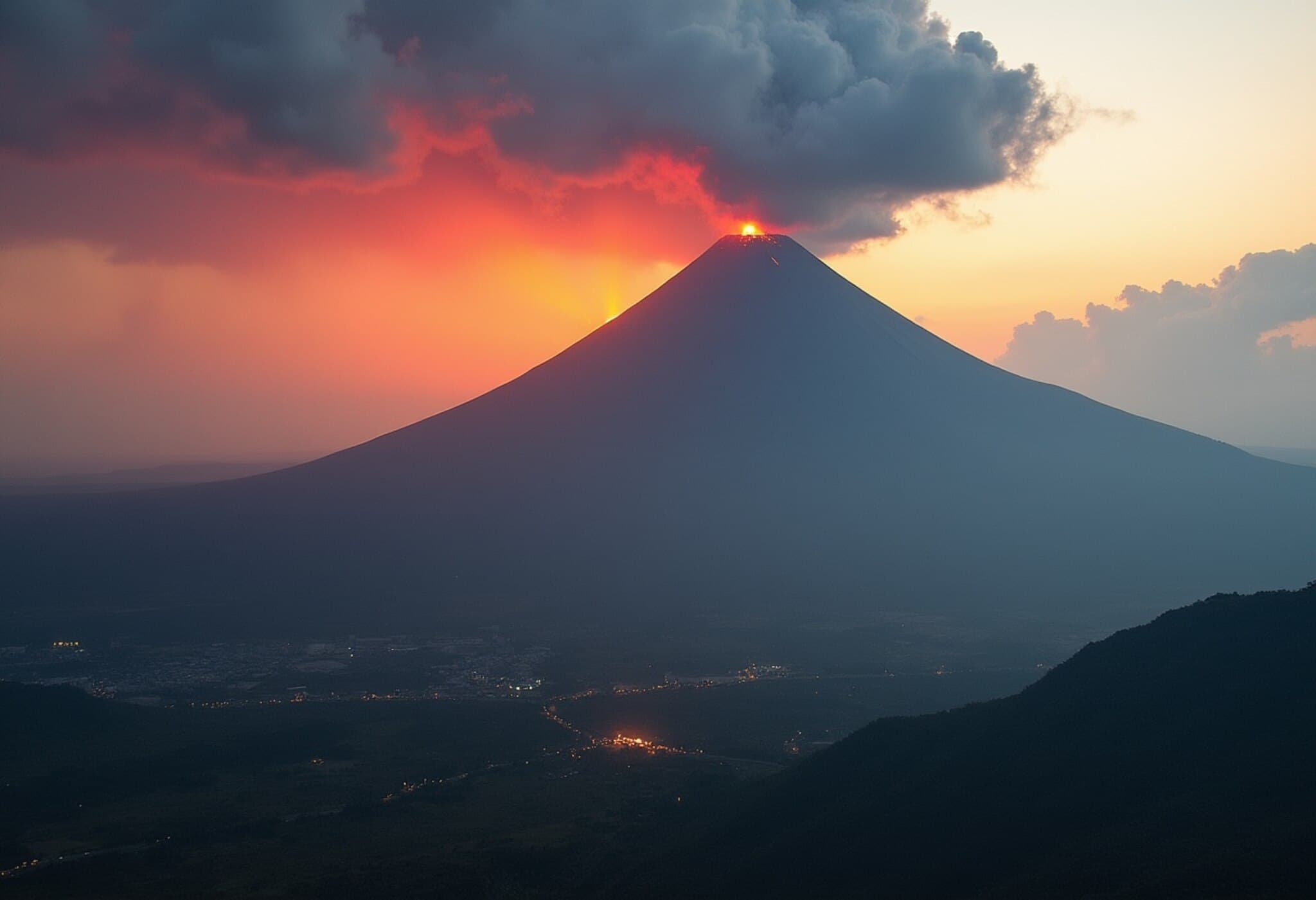Global Advertising Giants Face Antitrust Scrutiny in India
In a startling revelation, some of the world’s leading advertising agencies have been implicated in a price-fixing scheme that shook India’s media and advertising sector. Evidence unearthed by India’s Competition Commission indicates that major industry players conspired to align pricing strategies and control commissions, restricting competition across the country’s vast advertising market.
WhatsApp Chats Expose Collusion Among Top Executives
The investigation uncovered WhatsApp group conversations involving senior executives from major agencies including WPP’s GroupM, Omnicom Media, IPG Mediabrands, Publicis, Havas Media, Dentsu, and Madison World. These discussions reveal coordinated efforts to prevent agencies from undercutting each other on pricing, thereby manipulating the market to their collective advantage.
One notable exchange in October 2023 saw Omnicom Media’s India CEO expressing frustration after a competitor attempted to lure a client by offering discounts, breaching the agreed-upon pricing pact. This internal dialogue showcased the lengths these firms went to maintain uniform pricing and penalize those who strayed.
Cooperation With Broadcasters to Enforce Compliance
Beyond the agencies themselves, collusion extended to broadcasters too. The ad firms reportedly conspired with industry bodies representing broadcasters to deny business opportunities to agencies that failed to adhere to the pricing agreement. This strategic alliance effectively shut out non-compliant players, reinforcing the cartel's stronghold.
Industry Associations Role and Commission Guidelines
Two prominent trade bodies, the Advertising Agencies Association of India (AAAI) and the Indian Broadcasting & Digital Foundation (IBDF), are under scrutiny for orchestrating these arrangements. The AAAI, led by WPP Media India’s head, reportedly circulated minimum commission guidelines in August 2023. These mandated a floor of 3% for digital ads and 2.5% for traditional media commissions for high-spending clients, with even higher thresholds for smaller clients.
In September 2023, the associations formalized a pact explicitly forbidding any agency from unilaterally offering discounts during client pitches, aiming to eradicate price competition as a decisive factor.
Clients Involved and Industry Reaction
Direct communications about key Indian clients were part of the probing evidence. Firms discussed accounts of major corporates such as Swiggy, Cipla, Meesho, and Kshema Insurance, coordinating pitches and rebate structures. In one instance, a 30-70 rebate split—where 30% is retained and 70% passed back to the client—was shared among agencies to keep pricing uniform.
Interestingly, some clients, including Kshema Insurance, reported no knowledge of the collusion efforts, highlighting the secrecy maintained within the industry circles.
Regulatory Actions and Ongoing Investigations
The Competition Commission has already conducted raids on multiple advertising agencies and broadcaster representatives, including marquee names in the Indian media landscape. Financial penalties for cartel behavior can be severe, reaching up to thrice the profit or 10% of global turnover for each year of malpractice.
In a bid to cooperate, one agency, Dentsu India, submitted detailed evidence to the Commission under the leniency program, signaling an intent to foster internal reform. This included full transcripts from the WhatsApp groups exposing the collusion.
Market Impact and Future Outlook
India’s media & entertainment sector, currently valued at nearly $30 billion, is navigating slow growth with advertising spend projected to increase by just 7% in 2025. In such a climate, collusive practices distort fair market competition and impede the sector’s healthy evolution.
As the probe continues, the outcomes could reshape Indian advertising dynamics, reinforcing regulatory vigilance and potentially disciplining entrenched global players who attempted to manipulate one of the world’s largest consumer markets.











